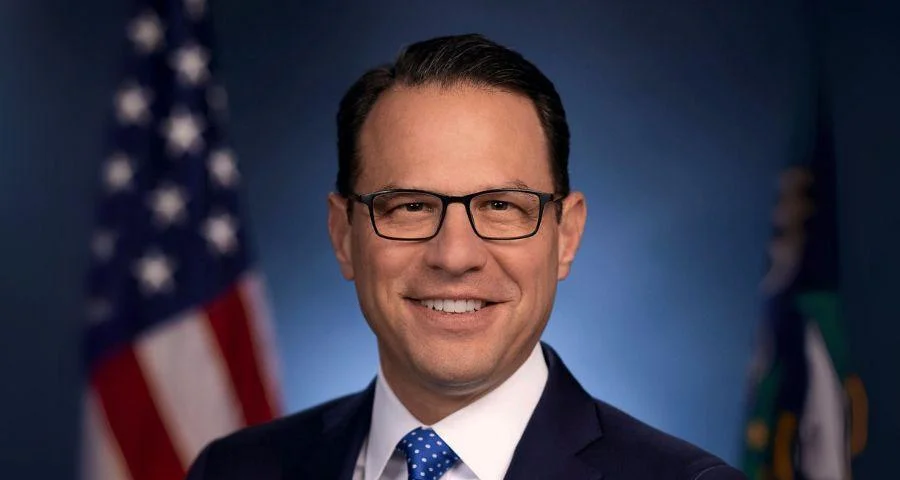
Connie Holthusen Senior Sales Manager | EdSurge Research
When Los Angeles was struck by the Eaton and Palisades fires, the damage was swift and intense, affecting thousands of homes and costing billions. Yet some effects, like fear, unfold gradually, posing challenges for recovery in education systems still reeling from the pandemic.
The fires imposed online learning on students in Los Angeles, with some districts even closing doors to displaced students due to cost concerns. The overall disruption affected 725,000 students, hitting disadvantaged groups like Hispanic and English-learning students the hardest.
Schools, however, have the potential to aid in psychological recovery. They can offer safety and reduce stress, according to Vivien Villaverde, an associate teaching professor at the Suzanne Dworak-Peck School of Social Work, USC. Villaverde emphasizes the need for trauma-informed protocols within schools, particularly in the wake of executive budget reductions affecting education and disaster preparedness.
Villaverde advocates training school staff in early identification of student distress. Her organization, Center for Safe and Resilient Schools and Workplaces, provided “psychological first aid” training to educators in Pasadena and volunteers from the LA County Office of Education, aiming to strengthen existing trauma-informed strategies.
Educators often misinterpret trauma-related problems as behavioral issues if not formally trained, says Villaverde. Recognizing what’s occurring can allow for immediate intervention, she adds, potentially reducing the need for intensive mental health services.
Since the pandemic, the demand for mental health professionals has grown, yet many districts lack adequate staff according to experts. Recommended student-to-professional ratios remain unmet in many areas. "I hope it’s not a vicious cycle," warns Kelly Vaillancourt Strobach, Director of Policy and Advocacy for the National Association of School Psychologists, amid federal funding uncertainties and staffing challenges. Strobach notes that mental health service vacancies are increasing, and professional development is being cut in some districts.
Federal funding cuts are leaving districts, especially those reliant on such support, scrambling. This has already led to the cessation of a professional development series in South Dakota.
The need for mental health services is acute, and as funding wavers, students may find less access when they need it the most.





 Alerts Sign-up
Alerts Sign-up